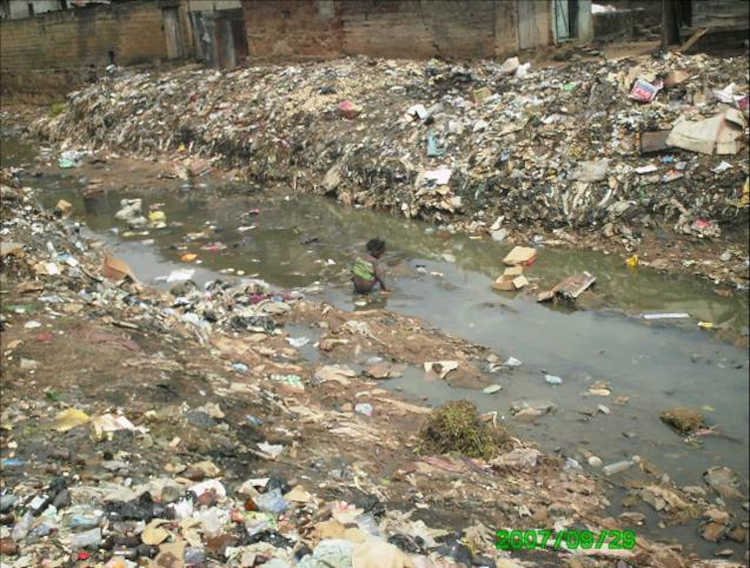Open defecation remains a critical public health challenge in sub-Saharan Africa, posing significant risks to the well-being of communities.
Development Diaries reports that the United Nations declared 19 November as World Toilet Day in an effort to help eliminate misconceptions around toilets and elevate sanitation for all as a top priority for global development.
Despite progress in several areas, the persistence of open defecation reflects the urgent need for comprehensive strategies to tackle this issue and improve the quality of life for millions in Africa.
According to a report put together by Nigeria’s Ministry of Water Resources in 2019, around 46 million people in the country defecate in the open.
Similarly, a 2019 report from the World Bank revealed that only 27 percent of sub-Saharan Africa’s population has access to basic sanitation, and 220 million people across the continent still practice open defecation.
Figures from the United Nations Children’s Fund (UNICEF) also reveal that 122 million people were practicing open defecation in the West and Central Africa Region (WCAR) in 2015.
And come to think of it, Nigeria, with its burgeoning population, is home to a substantial portion of the global open defecation burden.
Open defecation is a direct threat to public health as it facilitates the transmission of waterborne diseases such as cholera, typhoid, and diarrhoea.
The lack of proper sanitation increases the risk of contamination of water sources, leading to the spread of infectious pathogens.
The consequences are especially severe for children, who are more vulnerable to waterborne illnesses, resulting in high rates of morbidity and mortality.
Several factors contribute to the persistence of open defecation in Africa. Poverty, lack of awareness, and inadequate infrastructure are some of the factors.
Many communities, particularly in rural areas, lack access to basic sanitation facilities, making open defecation a perceived necessity.
Changing long-standing practices requires a comprehensive approach that addresses the root causes and provides sustainable solutions, and addressing the problem of open defecation in Africa demands collaborative efforts from governments, non-governmental organisations (NGOs), and local communities.
Development Diaries calls on ministries of environment in Africa to deploy sustainable solutions that involve not only the provision of sanitation infrastructure but also education, awareness campaigns, and community involvement to end open defecation.
By tackling the root causes and promoting behavioural change, it is possible to create healthier, more dignified living conditions for millions and pave the way for a brighter, more sanitary future for the continent.
Photo source: SuSanA Secretariat





